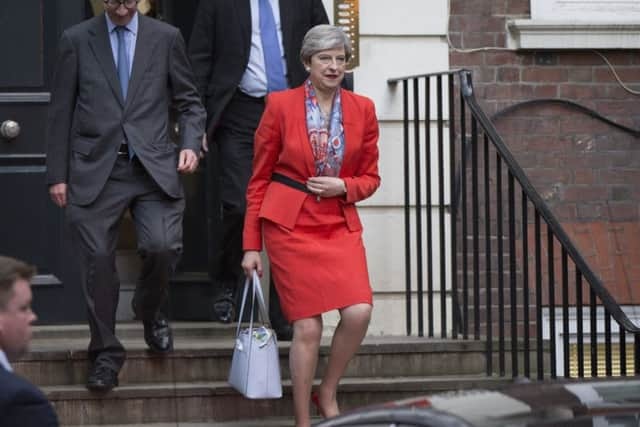Britain may need to ask for delay to Brexit process, says JPMorgan economist


With no clear winner emerging from the election, Mrs May signalled she would fight on, despite being on course to lose her majority in the House of Commons.
“Perhaps the most obvious conclusion is that the likelihood of the UK needing to request a delay in the Brexit process has risen substantially, given the chance that political developments in the UK disturb what is already a time-compressed process,” said Malcolm Barr, economist at JPMorgan, in a research note.
Advertisement
Hide AdAdvertisement
Hide AdPatrick Connolly, a certified financial planner at Chase de Vere, said: “Last night we saw another surprising election result, following in the footsteps of last year’s EU Referendum and the election of Donald Trump in the US
“This result, with a hung parliament, causes uncertainty and could have an impact on stock markets, bond markets and currency markets as all generally hate uncertainty
“However, the impact of election results on stock markets tends to be short lived, as very quickly the uncertainty passes and stock market movements are again driven by global factors and general investor sentiment
“It should be remembered that the UK stock market has risen significantly since the EU Referendum result and the US market has risen since the election of Donald Trump
Advertisement
Hide AdAdvertisement
Hide Ad“The message for investors is very simple. While they may be feeling uncertain about what happens next, they need to remain calm and rational and understand that any short-term noise from the election result is likely to be just that, short-term.”